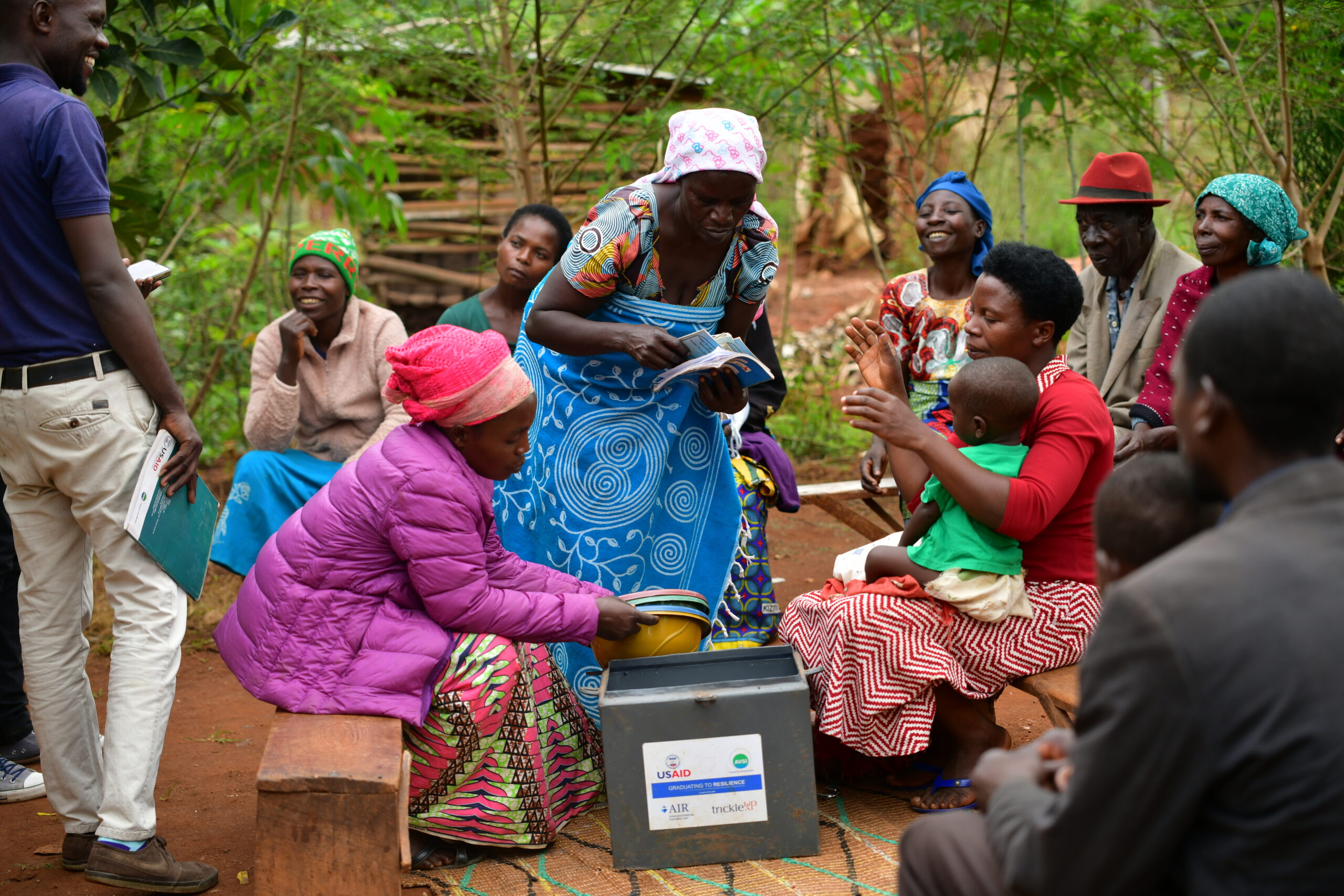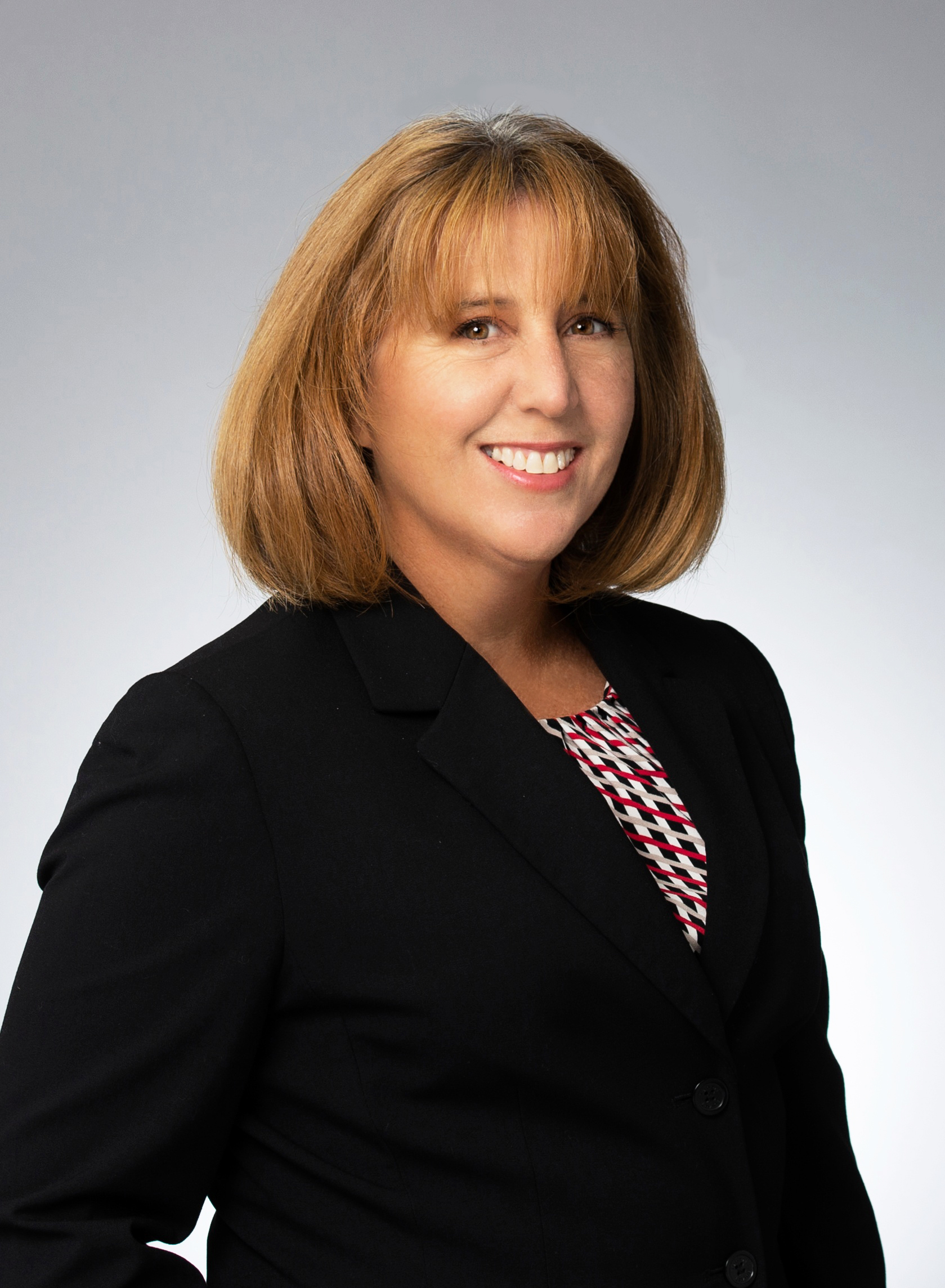By Giampaolo Silvestri, Jackie Aldrette, Lauren Hendricks, and Jonathan Simonetta
Global conflict, famine, natural disasters, and climate change are among the reasons people are fleeing their homes at unprecedented rates, creating an influx of refugees and migrants that overwhelm traditional humanitarian aid delivery models.
Currently, 362 million people worldwide require humanitarian assistance; over 120 million were forcibly displaced, many permanently; and more than 260 million face food insecurity. These numbers represent individuals and families striving to improve their lives amid desperate circumstances.
To effectively help those living in extreme poverty (on less than $2.15 per day) we must adopt innovative methods that maximize the impact of every dollar of aid while breaking cycles of dependency.
One promising and scalable solution is the “Graduation Approach,” an evidence-based series of interventions, which include financial support; asset transfer; coaching and skills training; peer-based savings groups; and links to health, nutrition, legal, disability services, and psychosocial support.
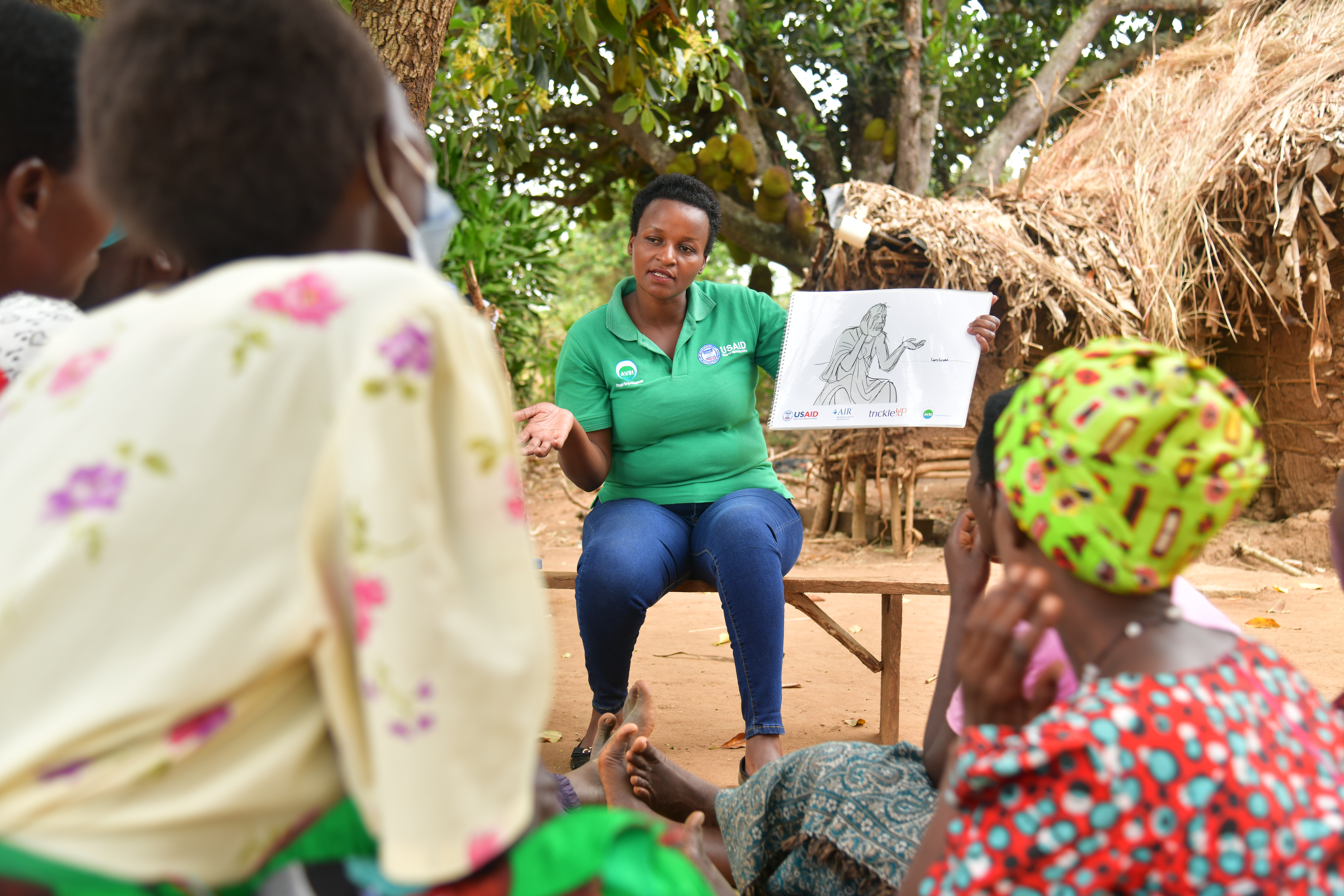
Over the past seven years, the USAID-funded Graduating to Resilience activity, has operated in Uganda’s Kamwenge District, where many households face food and resource scarcity, exacerbated by the arrival of 50,000 refugees from the Democratic Republic of Congo (DRC) since 2020.
Led by AVSI Foundation, together with Trickle Up and the American Institutes for Research (AIR), the Graduating to Resilience activity has assisted over 13,000 refugee and Ugandan households in moving from relying on humanitarian assistance to becoming self-reliant. Each family in the program established personal goals, met with a coach, joined a community savings group, learned about health and hygiene, received financial assistance, and developed skills and confidence to grow their businesses.
These interventions are much more effective than mere cash or food assistance.
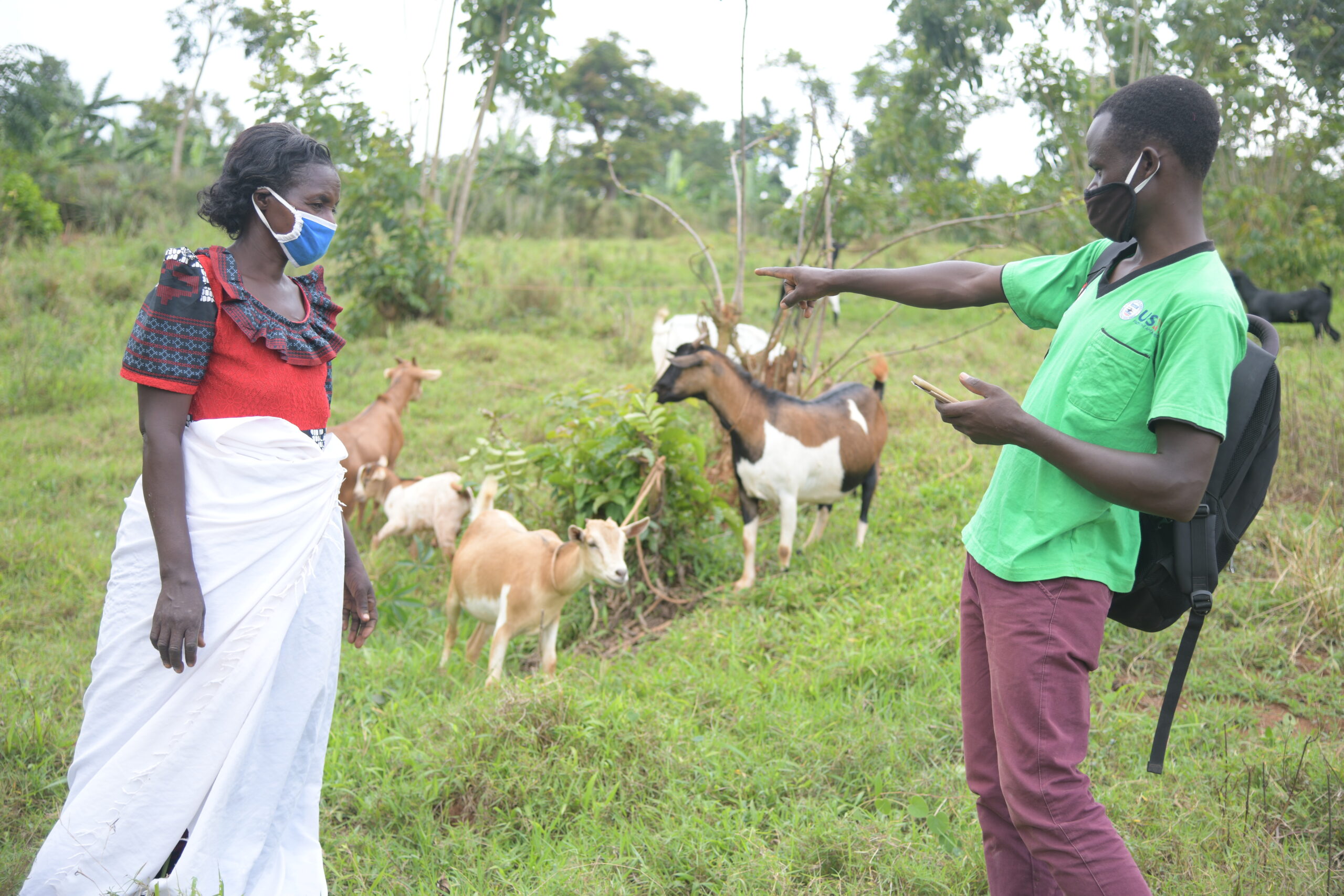
After Congolese refugee Tabaro Victorine received coaching in nutrition, savings, and sustainable agriculture, she transformed her land into a productive, profitable farm and diversified her income by starting a palm oil business, raising pigs, and cultivating maize and beans. She even built two houses—one for her family and another for rental income.
When Emmelyn Mukeshimana and her husband fled the DRC in 2013, they struggled to survive on a small plot of land. The program’s business and financial management coaching helped them open a profitable restaurant with two employees and plans to expand into the food production trade.
These examples show the ripple effects that a graduation approach can generate. A pathway to self-reliance activates new value chains, markets, and business opportunities.
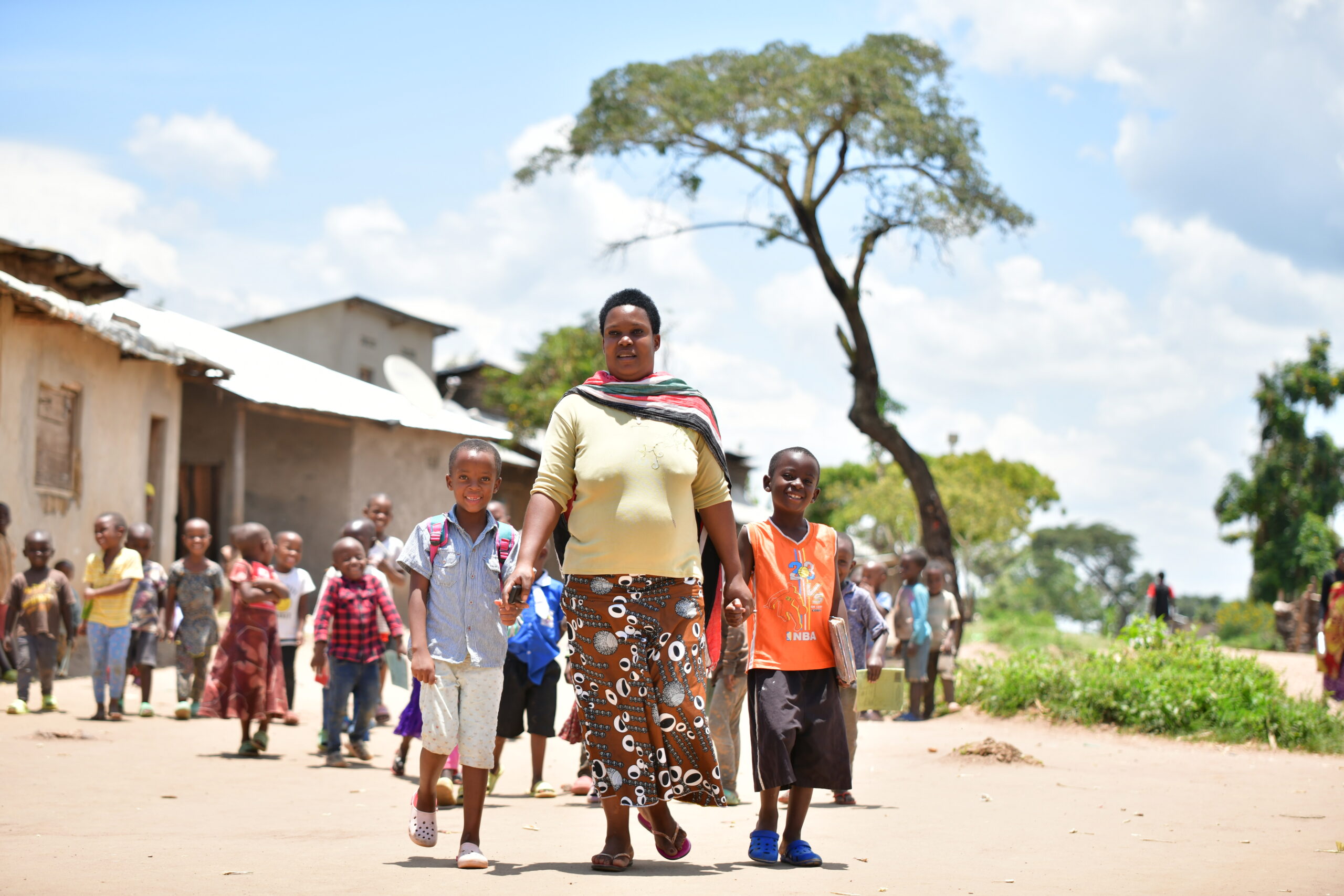
In her April 9th address to Congress, USAID Administrator Samantha Power referenced the high impact generated by the Graduating to Resilience activity.
“For every dollar we invest there [Uganda], households are seeing over four times the return in economic benefits,” Powers said, “and we are now taking that program [Graduating to Resilience] on the road to other nations.”
In 2023, Innovations for Poverty Action (IPA), a US non-profit research and policy organization, conducted an evaluation of the impact of the graduation program on displaced populations.
The evaluation was conducted with participants from the program’s first cohort (2018 to 2021), which included 6,600 refugee and Ugandan households in 94 villages. The evaluation found that the benefits outweighed the costs and forecast long-term economic returns — in other words, reductions in extreme poverty.
Results from the second cohort (2021-2023) were even stronger. While 73 percent of households “graduated” from poverty in Cohort 1, the figure rose to 86 percent in Cohort 2. When considering the impact over time, the program evaluation found that 61 percent of households continued to meet benchmarks for food security, savings, and income for 18 months after the program ended.
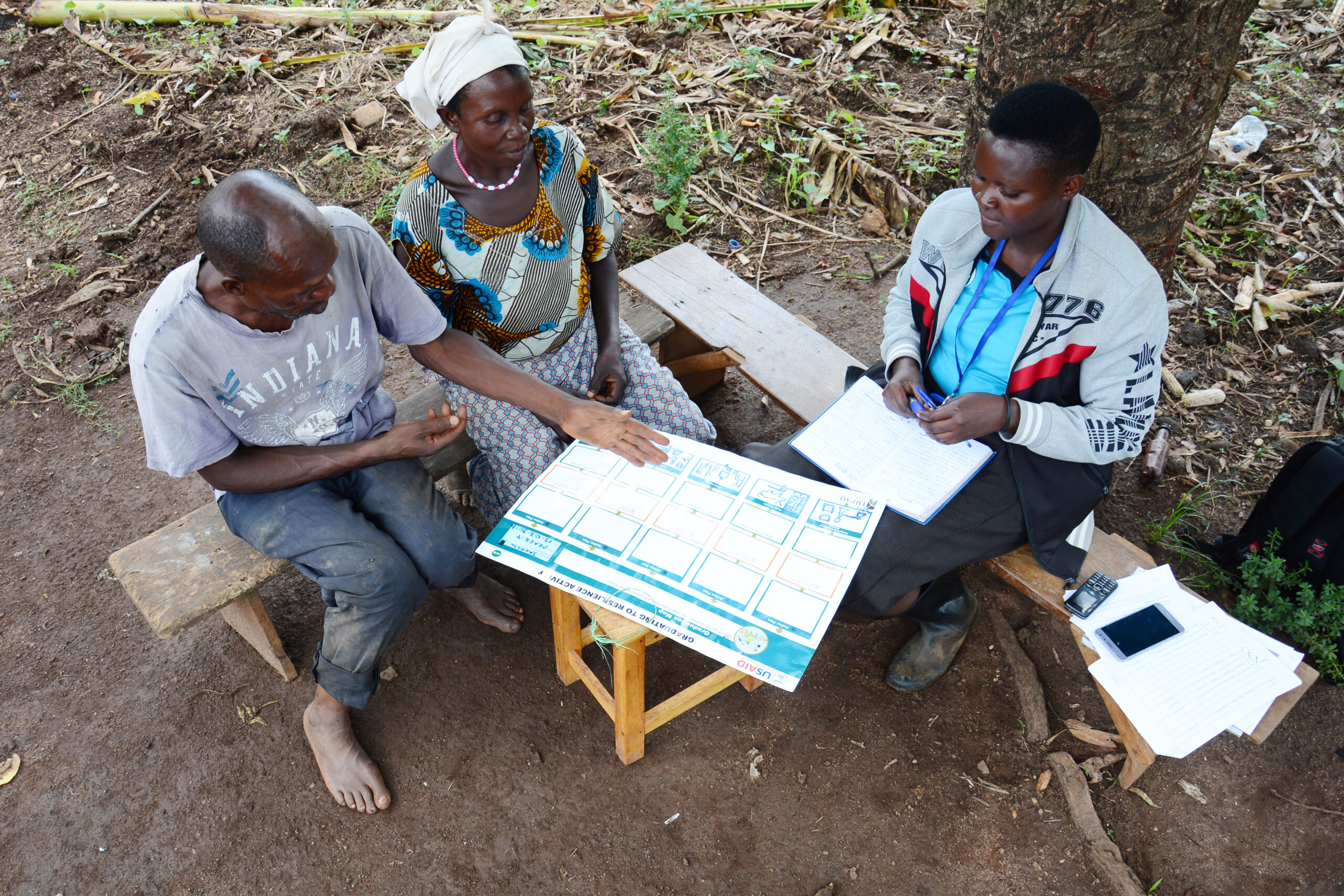
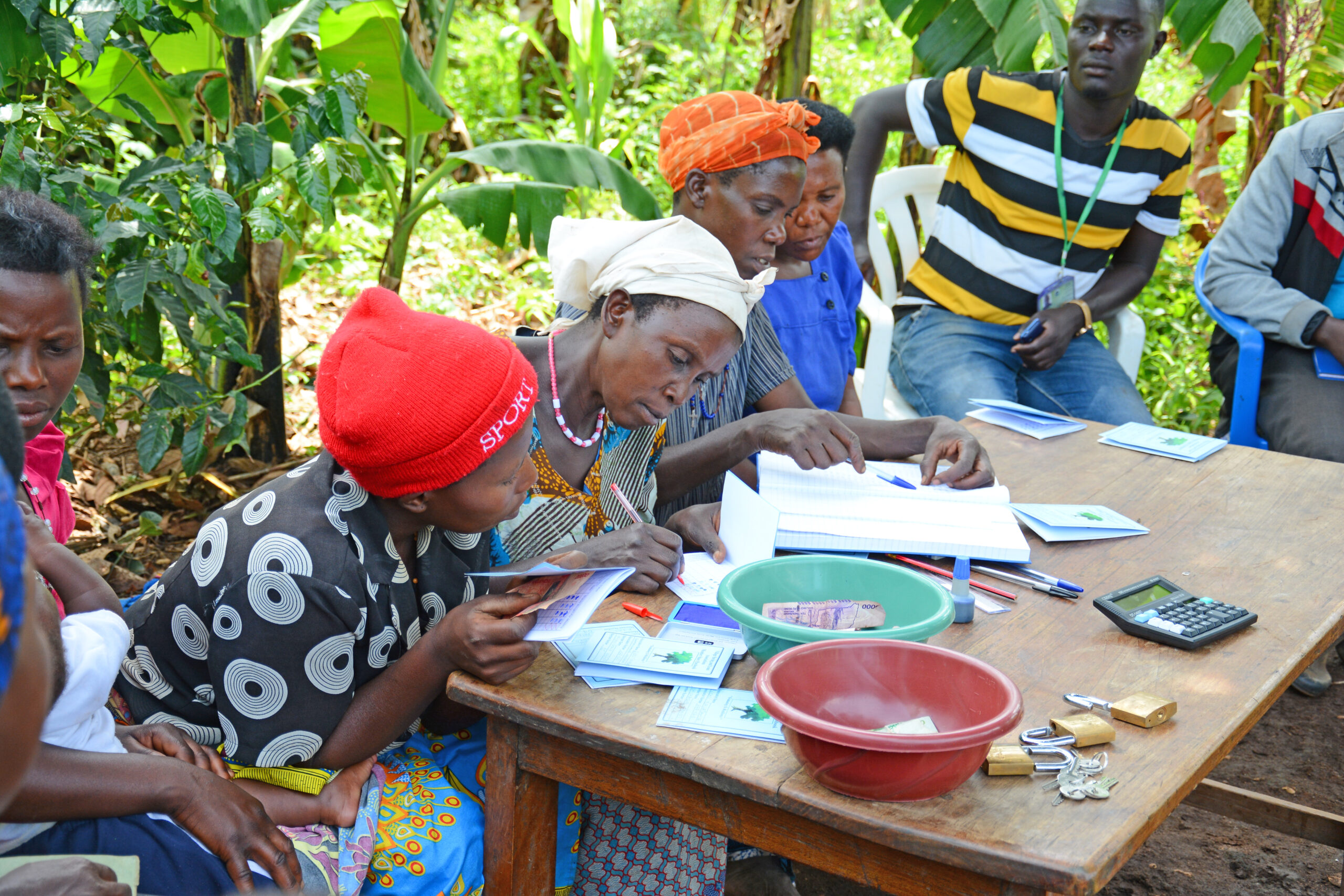
Beyond the data, something immeasurable occurred when women engaged in weekly savings groups. They worked together to pool their money, took out loans, and trusted one another to pay them back. This peer-to-peer support, reinforced by coaching, created successful women-led businesses that strengthen families, reduce food insecurity and malnutrition, and keep children in school.
For example, 24 refugees formed the Maendeleo Village Savings and Loan Association to begin small-scale subsistence farming to supplement dwindling food aid. The coaching they received on modern farming techniques, marketing, and finance helped them grow surplus produce to sell. The group is now leasing additional land, planting more crops, and accessing credit from the savings group to diversify into other businesses.
The Graduation Approach, which BRAC originated more than 20 years ago, has evolved into a powerful, practical, and cost-effective bridge between humanitarian assistance and sustainable development. It offers participants lasting self-reliance, allowing them to grow their savings and income, while investing in food, education, and health.
As a result, Tabaro Victorine can afford to send her kids to school, Emmelyn Mukeshimana runs a thriving business that creates jobs, and the Maendeleo Village Savings Group has developed resilience and a positive outlook for the future.
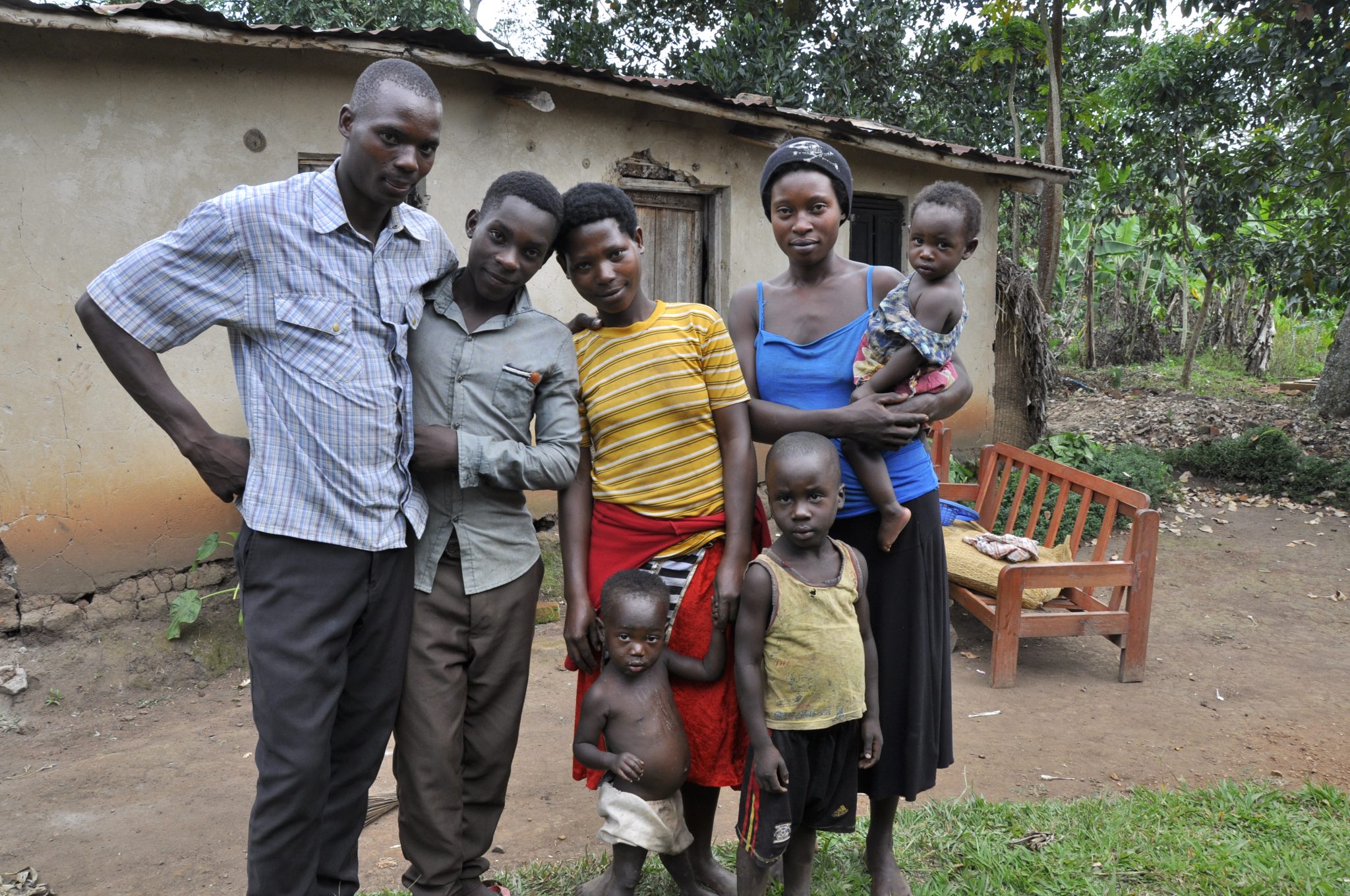
With estimates of more than one billion people facing displacement, poverty, and famine by 2050, it is imperative to address extreme poverty and build community resilience. The past seven years in Uganda have affirmed that the Graduation Approach can move people from emergency humanitarian aid and cycles of dependency to self-reliance. These programs do more than provide hope and dignity to communities, they are an investment that makes sense.
Giampaolo Silvestri is Secretary General for AVSI Foundation, Jackie Aldrette is Deputy Secretary General for US Government, AVSI Foundation and Executive Director, AVSI-USA. Lauren Hendricks is President and CEO of Trickle Up, and Jonathan A. Simonetta is Vice President, International Development at AIR.
Want to Learn More? Join us in Washington, D.C. Sept 23-25, 2024
As we celebrate the conclusion of the seven-year Graduating to Resilience Activity in Uganda, we reaffirm our global commitment to the Graduation model. We invite you to join us for the Graduating to Resilience Learning Summit in Washington, DC, from September 23-25, 2024 to mark this milestone.

